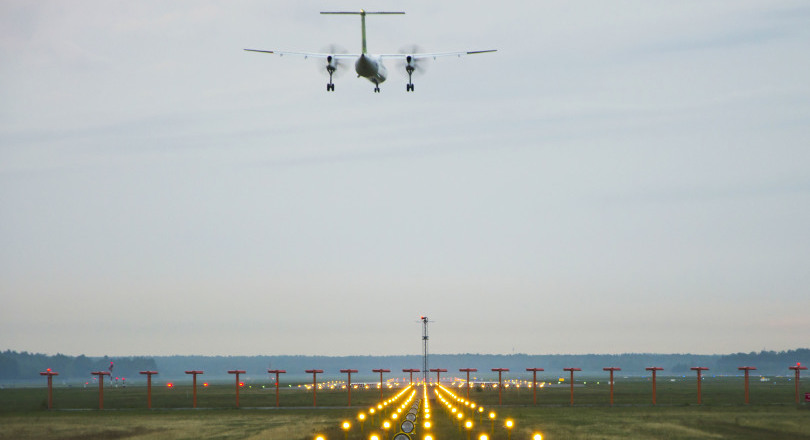The UK Government’s aim is still to leave with a “withdrawal agreement” that would, among other things, mean no immediate changes to most current rules and regulations until a new future relationship is agreed. However it is currently a real possibility that the UK will leave on 29 March without a “transition deal” in place.
Over the past few months, some steps have been taken by EU and UK authorities to address the uncertainty and potential disruption this “no deal” scenario could present for the aviation sector. At the time of writing, the position seems to be that if the UK leaves the EU without a transition deal in March:
- flights between the EU and UK should continue broadly as before following the European Commission’s adoption of temporary regulations “that will avoid full interruption of air traffic between the EU and the UK”.
- Air Traffic Controllers should be able to continue working as now with the licenses they currently hold. The UK says it will continue to recognise European air traffic control licenses, but as things stand those holding a UK license will no longer be able to automatically exchange it to another European National Aviation Authority.
- Engineers with CAA-issued Part-66 Licenses will be able to continue working on UK-registered aircraft, but would need to transfer their license to the National Aviation Authority of another EASA member state if they wish to work on EU-registered aircraft beyond 29 March. The CAA has said it will prioritise license transfer applications received before 1 January 2019, and will process others “on a best endeavours basis”. Prospect has been told that engineers may not need to transfer their license in order to work on EU-registered aircraft if working for an MRO that has been approved by EASA as a “third country” Part 145 organisation.
Given the uncertain and fast-moving situation, members with queries or new information are encouraged to get in touch with us.

